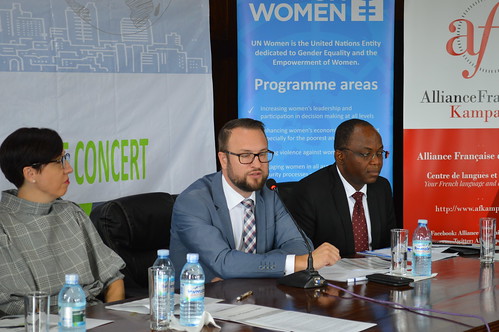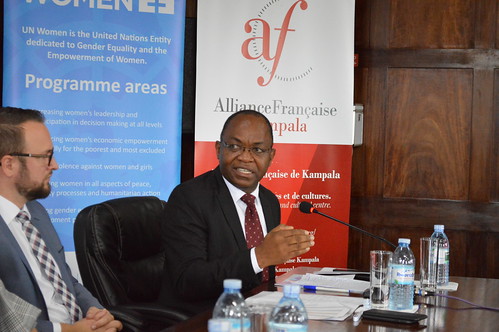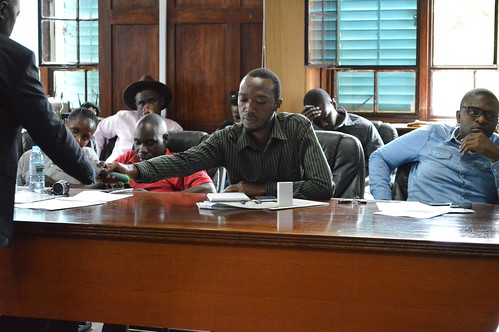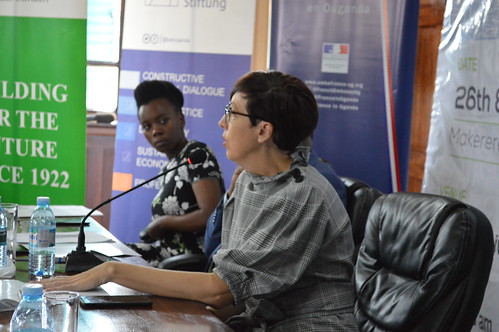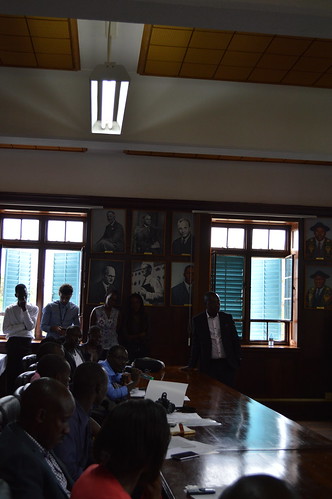Conference Summary
The Kampala Geopolitics Conference is a two-day public event about world geopolitics. It is inspired by the successful event “Geopolitics of Nantes” in France. The conference will be held at the emblematic University of Makerere, one of oldest and most prestigious universities in Sub-Saharan Africa, where many African leaders were trained. The partners involved include: The Embassy of France, Konrad-Adenauer-Stiftung (KAS), Makerere University, the French Institute for International and Strategic Affairs (IRIS), Alliance Française Kampala and UN Women.
The conference aims at creating an interactive and dynamic platform for dialogue and free exchange of ideas cutting across contemporary, local and international geopolitics. Topics relating to global political, social and economic debates will be discussed.
Some key questions pertinent to the conference topics include but are not limited to: What is the economic cost of excluding minorities? What are the implications of the Trump presidency on global power relations? Is there still hope for global citizens to fight climate change? What are we doing to give hope to the young generation? Are religions peacemakers or troublemakers? Is the African economy in the hands of foreigners? What are the pillars of democracy and the global trends that undermine it? What leaders are we craving for? Shall agriculture fill your stomach or your purse? What are the avenues for peace and stability in Africa? Are women in position of power challenging male dominance? Is the European Union a model or deterrent for regional integration in East Africa? What are the side effects of unbridled capitalism? Are we too many for the resources of our planet?
The conference will feature 21 panels and will attract thousands of participants from Uganda and beyond.
















